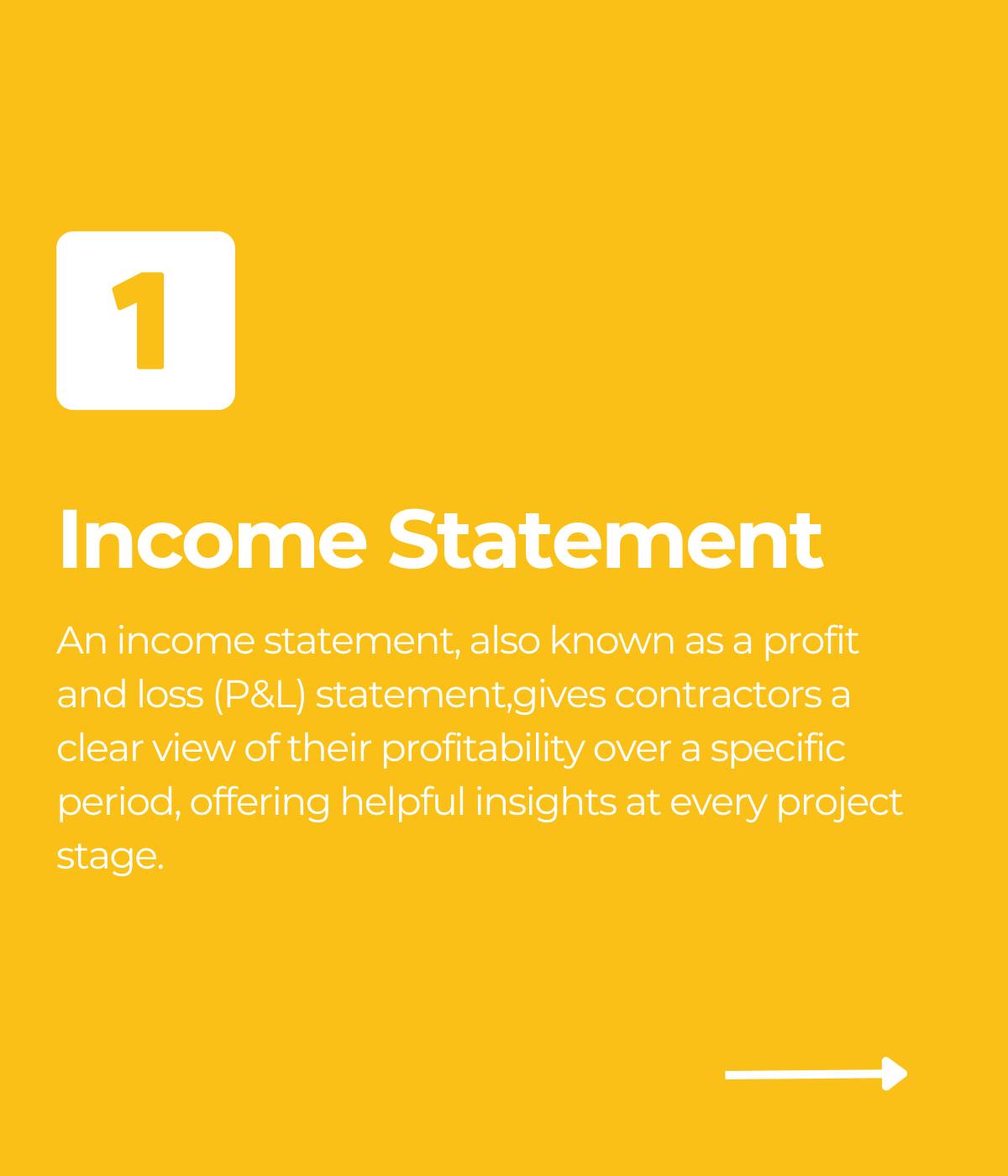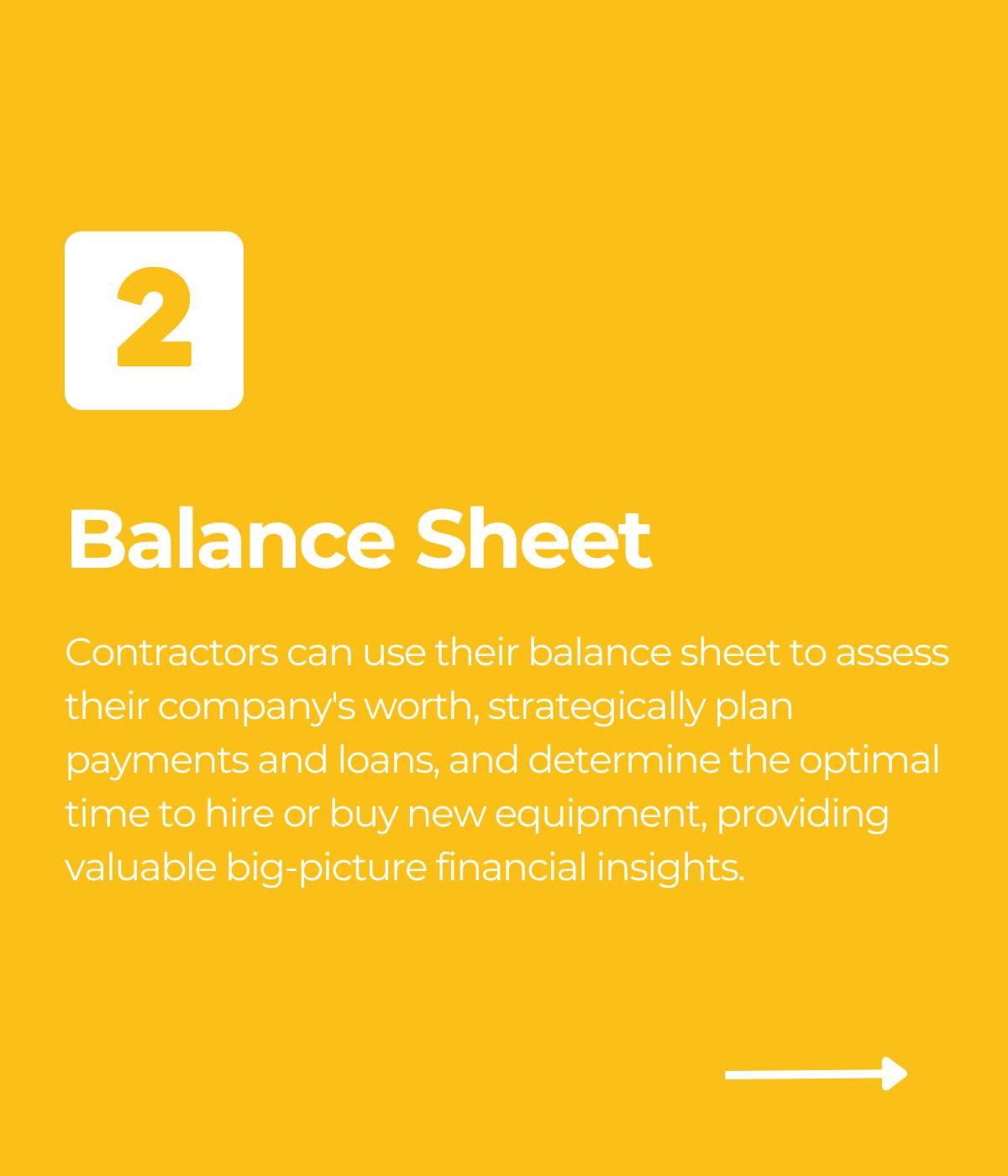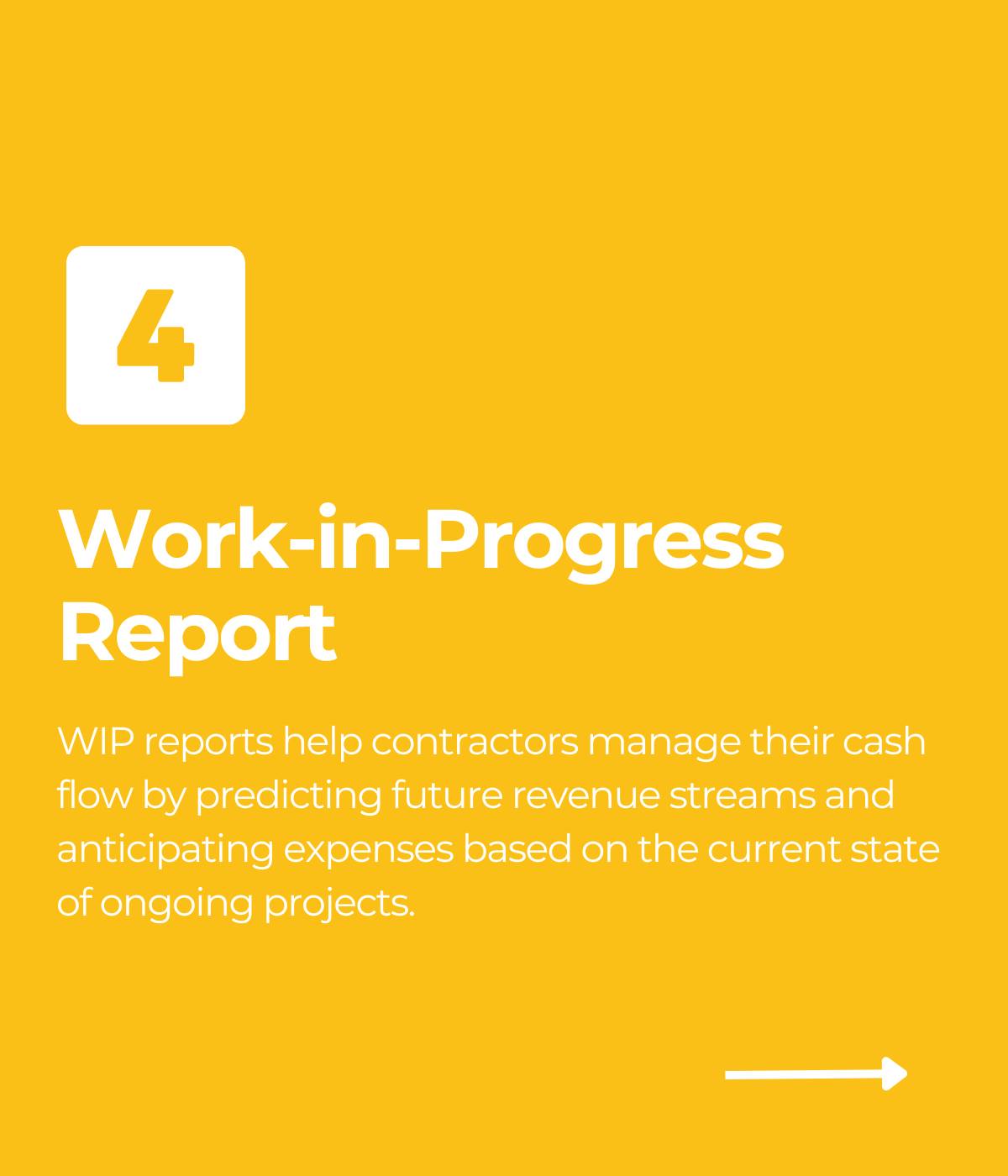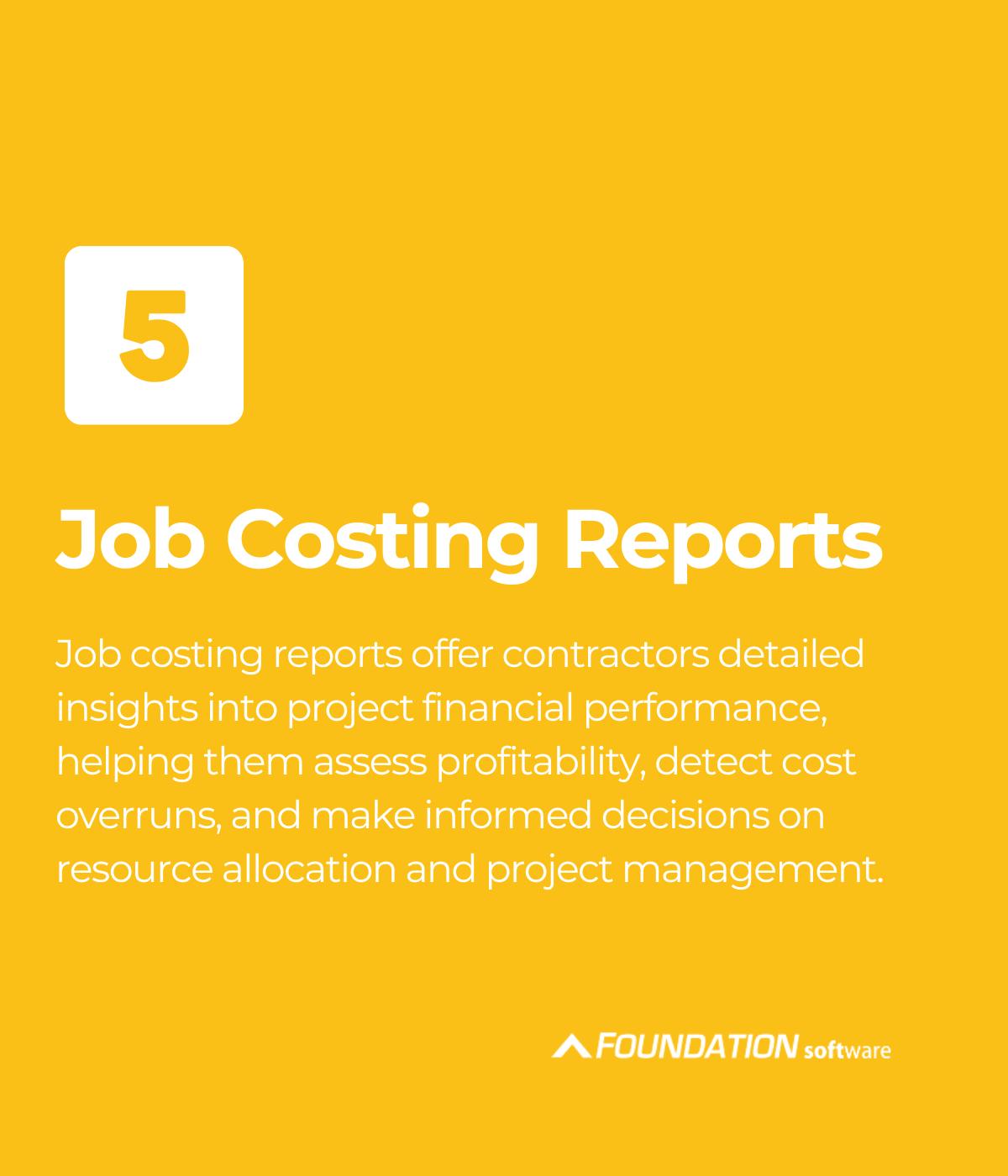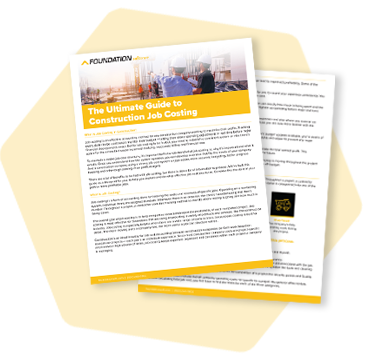
Job costing is an imperative element in construction accounting. It’s the method by which contractors track the expenditures and profits of a given job. The information it provides can be compiled into standardized reports that help contractors better assess the financial progress of both their projects and their business.
To implement effective job costing, contractors should build a job cost structure that breaks projects down into subcategories including jobs, phases, cost codes and cost classes. Breaking a job into these categories helps to ensure that contractors can accurately track where every dollar goes.

At its core, job costing can spell the difference between profitability or financial loss. And with accurate tracking in place, it can even provide continuing insights for future projects.
Regardless of where you’re at in your job costing journey – whether you’re a seasoned pro or just looking for some easy tricks to improve your job costing processes – keep reading for our top five job costing tips.
Key Takeaways For Contractors
In his article, Joseph Clancey states, “Accurate job costing can improve profitability, help you better manage employee scheduling and be a key component of prompt financial reporting. Proper job costing leads to better profitability, project estimating, management decisions and timely financial reporting.”[1]
Here are the top five takeaways from our article:
- Run Financial Reports Regularly
- Regularly run accounting reports to catch cash flow issues early.
- Create an Effective Job Cost Structure
- Establish a well-defined job cost structure and adjust it as needed for efficiency.
- Track Overhead Costs
- Accurately track overhead costs using consistent distribution methods.
- Monitor and Control Labor Costs
- Monitor costs closely to control expenses and sustain the budget.
- Utilize Construction-Specific Accounting Software
- Use construction accounting software to enhance job costing accuracy.
Tip #1: Run Financial Reports
Keeping tabs on all things monetary is one of the most essential aspects of successful job costing.
Contractors should run accounting reports at least once a week throughout a project’s lifecycle to help catch any issues in the budget while they can be amended. Some of the reports contractors should run include:
- Billing reports
- Estimated vs. Actual
- Project cash flows
- Overhead allocation
- Work-in-progress (WIP).
When monetary discrepancies are caught early on, contractors can adjust the project’s scope to help prevent cost overruns.
Tip #2: Create an Effective Job Cost Structure
It should go without saying that a well-defined job cost structure is a pillar of accurate job costing.
A job cost structure provides a systematic cost breakdown of each project, helping to ensure all expenses are categorized appropriately. This breakdown yields transparency and clarity in financial reporting. When contractors can identify exactly where they’re over or underspending during a project, they can take action to correct the issue before it becomes a major problem.
Contractors should create a standardized job cost structure that aligns with the industry’s best practices as well as the specific needs of their business. Although they must be willing to be flexible if their job cost structure is not working or accurate — feeling free to make alterations to the structure until it is as efficient as possible.
A comprehensive job cost structure will both aid in budgeting and streamline the tracking and reporting process, ultimately contributing to the overall effectiveness of each contractor’s job costing.
Tip #3: Track Overhead Costs
Tracking overhead costs correctly is crucial for contractors looking to turn a profit. If they fail to consider these costs when estimating the price to complete a job, the financial losses could be enormous.
Overhead refers to costs less associated with the project and more associated with the company. Think of things like:
- Office space
- Utilities
- Insurance
- Administrative salaries
- Travel expenses.
The ways one can account for overhead vary. For example, Contractors may assign each project a specific percentage of overhead cost based on the size or scope of the project. Or they may choose to equally divide overhead costs between each project. Regardless, overhead distribution must be consistent across a company or else the door is open for errors and miscalculations.
Whenever there is a change in overhead costs, overhead allocations should also be reevaluated. Keeping an eye on the overhead process will help to refine job costing accuracy over time, thereby ensuring contractors have a solid foundation for future project estimates.
Tip #4: Monitor and Control Labor Costs
Between contractors, subcontractors and workers, labor costs are very often one of the most cost-consuming portions of a project’s budget. This means it is absolutely vital for contractors to monitor these expenses so they can make alterations if necessary.
Contractors need to establish clear communication with project managers and supervisors to ensure labor hours, overtime and any associated costs do not drive the project over budget.
They may also implement time tracking systems to help log their employees’ hours. Many of these mobile solutions integrate with construction accounting software, increasing communication between field and office.
From there, contractors can review labor productivity metrics and identify areas for improvement. If breaks are too long, or if overtime opportunities are being exploited, contractors can quickly adjust their policies going forward. Thus, controlling labor costs and sustaining the budget.
Tip #5: Utilize Construction-Specific Accounting Software
Construction accounting software makes it easy for contractors to instantly assign cost codes to every dollar and generate job histories, production reports & estimated vs. actual cost reports among others. Some software programs even send contractors automated alerts that can help them avoid cost or labor overruns.
Contractors can also easily build job budgets using their company’s own job cost structure and compare project performance against estimated revenue, costs, labor hours and quantities.
FOUNDATION® construction accounting software has all these features and more. From job costing capabilities and financial reporting to certified payroll solutions, FOUNDATION has everything a contractor needs for success.
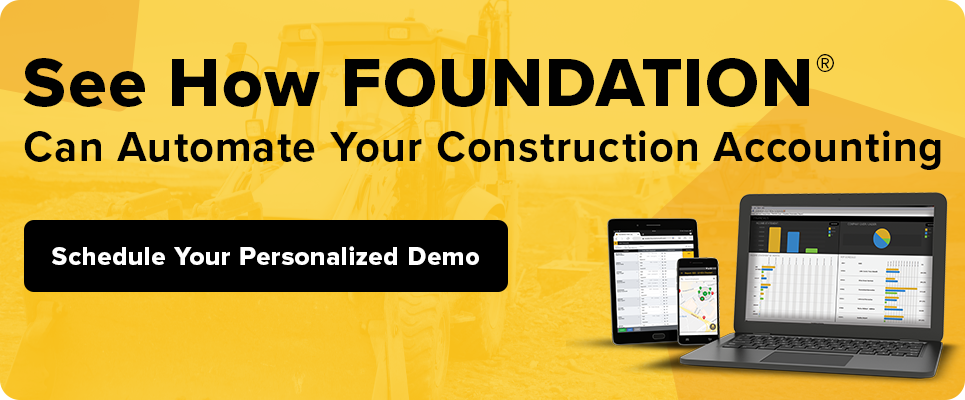
Improve Your Profitability With Job Costing
Job costing is critical to successful construction accounting. It requires contractors to plan their finances, track their income and expenditures and be willing to continuously improve their strategies for better results.
To help ensure their success, there are a variety of techniques contractors can implement. From running billing reports and creating an effective job cost structure to keeping track of overhead costs and monitoring and controlling labor costs, contractors can put themselves in the driver’s seat of success. For added support, contractors can even utilize construction-specific accounting software.
When contractors enhance their job costing accuracy, they position themselves for sustainable growth and continued success.
[1] https://www.netsuite.com/portal/resource/articles/accounting/job-costing.shtml
Share Article
Keep on current news in the construction industry. Subscribe to free eNews!
Our Top 3 YouTube Videos
Learn about our software more in depth with product overviews, demos, and much more!
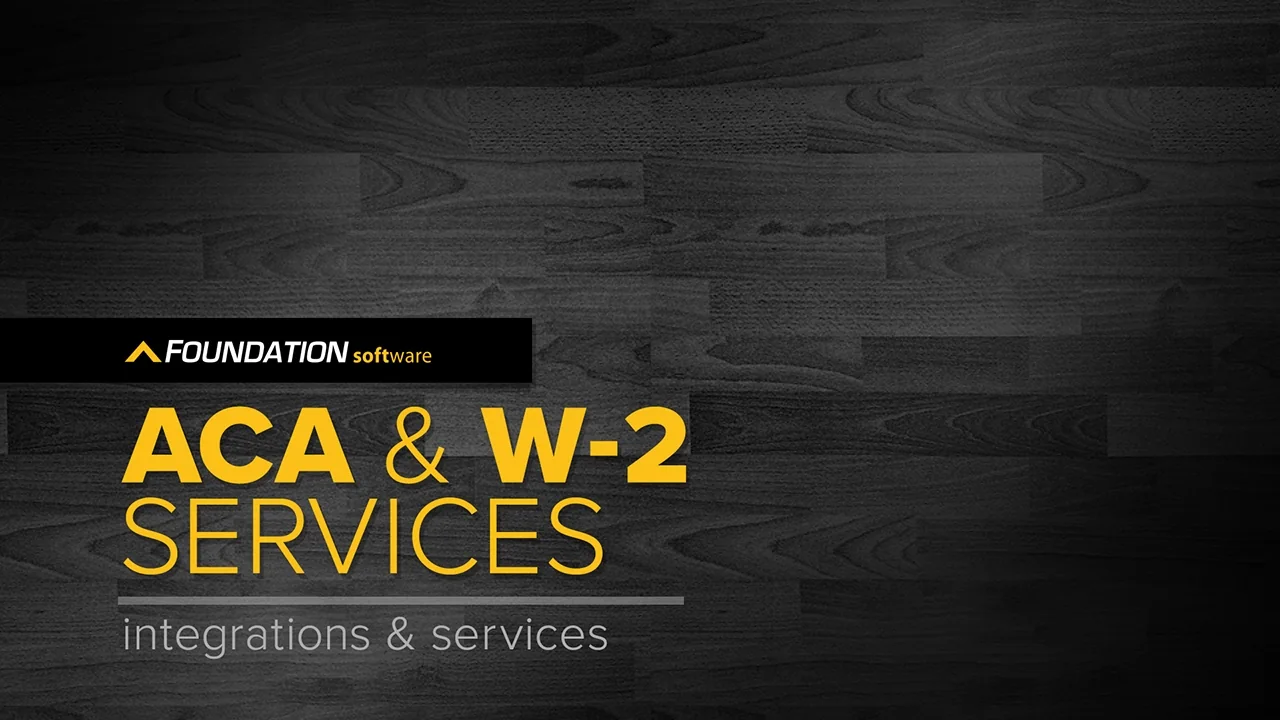
Our ACA reporting & e-filing services include official 1094-C and 1095-C IRS reporting, optional e-filing (no applying for a TCC code required), mailing to your employees and experienced support to help you.

There are plenty of reasons to make FOUNDATION your choice for job cost accounting and construction management software — just ask our clients!
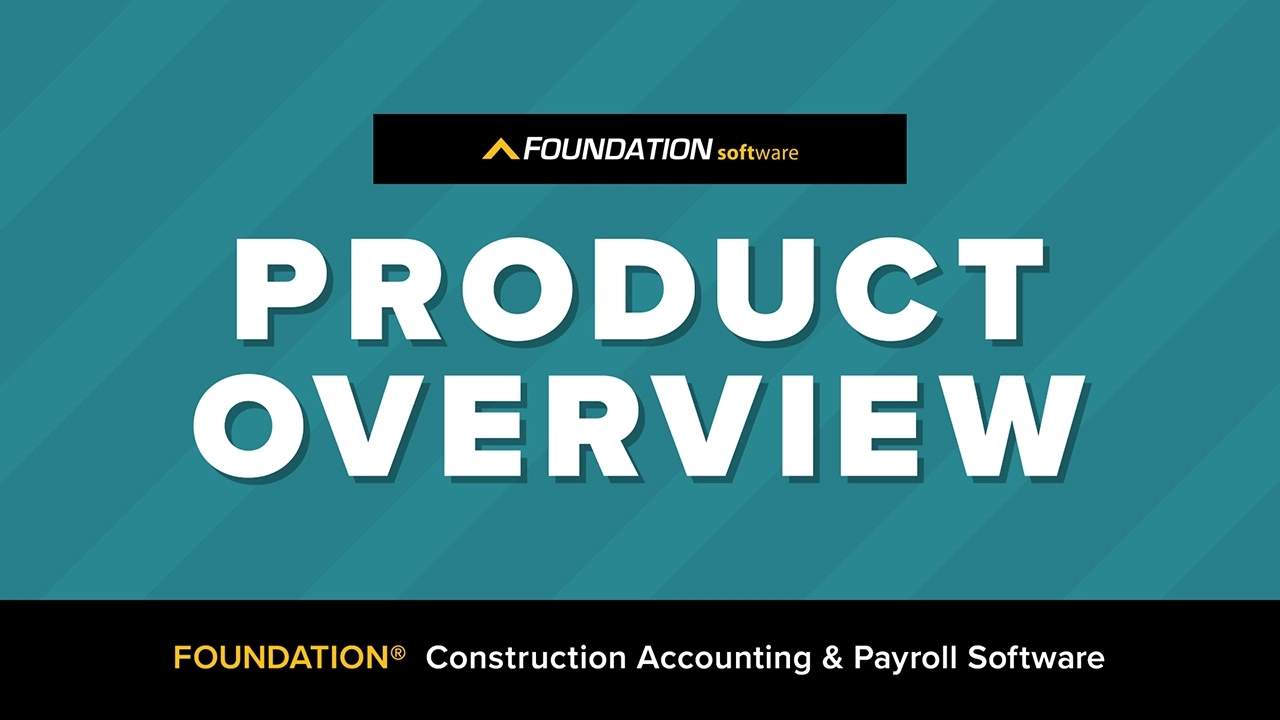
From job cost accounting software, to construction-specific payroll. Get an overview on your next all-in-one back-office solution.




